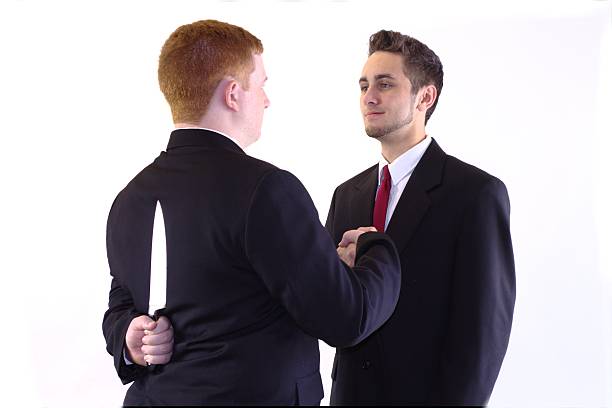Summary:
Allowing our emotions to become vulnerable is part of developing friendships... Disappointments can be part of the outcome... Just because we experience disappointments, we must continue on the same path, which results in each of us becoming a person of powerful character.
How do you handle disappointing relationships?
Article:
Imagine a scenario where a friend you’ve welcomed into your inner circle disappoints you when you sincerely ask for reciprocation of favors. It’s a feeling that resonates with many of us, an experience that can leave us feeling misunderstood when we open our hearts only to receive a dramatic disappointment. You allowed your emotions to open up, become vulnerable, and then, wham, you get thumped. The frustration can be emotionally profound. However, remember that you’re not alone in this experience. Many of us have been through similar situations, whether it’s a friend who constantly cancels plans, a partner who doesn’t show appreciation, or a family Member who doesn’t respect your boundaries. It’s okay to feel like you do.
By definition, two or more people develop a friendship when it creates a state of enduring affection, esteem, intimacy, and trust between them. Mutual respect, dignity, and reciprocation are not just necessary; they are the foundation of a defined friendship. In plainer terms, the people enjoy each other, hanging out, BS-ing, and Kibbetsing with minimal expectation. These elements are crucial in determining a friendship, and when lacking, they can lead to disappointment.
Additionally, relationships involve reciprocal responsibilities of honesty, integrity, forthrightness, and dependability. A friend may express an opinion and be assured that it will not be filtered through someone else’s rose-colored glasses-ridged or ideological value system. Friends can agree and agree to disagree.
What happens when one party assumes the relationship has become a sincere friendship, only to be blindsided by superficial conditions or rejections? The non-friend party disappoints you deeply because you leave your emotions vulnerable; many of us can relate to this feeling. You are not alone in this experience.
I recently had a neighbor, let’s call him John, whom I allowed into my inner circle of friendships. John was a person I met in our community, and we quickly hit it off. We shared similar interests and had engaging conversations, and I felt a genuine connection with him. I would hang out with him, take him places with me, take him to dinner and pay, take beach walks with him, and even listen to his negative life stories over and over. I finally told him that I had no interest in filling my off-time with negativity. He was offended.
He became an antagonist who clung to me for his benefit under his terms. He repeatedly attempted to shift my frame of reference from a positive to a negative one.
I reclaimed my power and control over my life by consciously choosing to discontinue the friendship. I am committed to surrounding myself with positive people. We can all vent and share our frustrations, but I prefer to approach life with a positive attitude. This positive outlook has empowered me to make informed decisions about the relationships I maintain. Encourage you to consider this choice for your well-being, as it can empower you to make informed decisions about the relationships you maintain. Remember, positive relationships are both a luxury and a necessity for our well-being. They inspire us, uplift us, and help us grow. I hope this inspires you to prioritize positive connections in your life.
I understand that these situations can be challenging and often leave us feeling hurt and confused. It’s essential to remember that these feelings are valid and shared by many. I hope you find value and some resonance with your own experiences.
